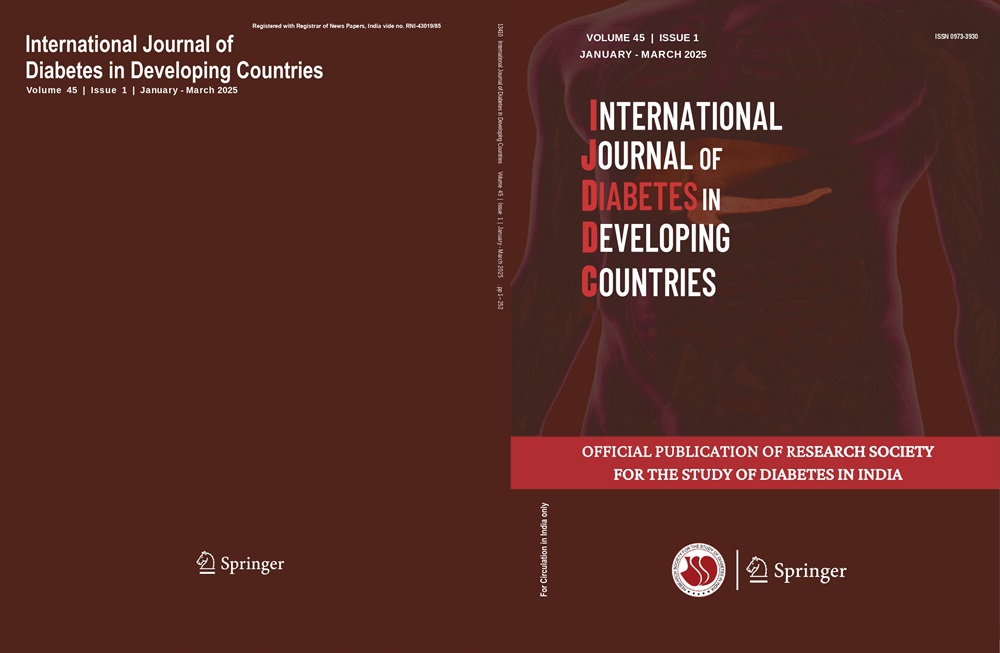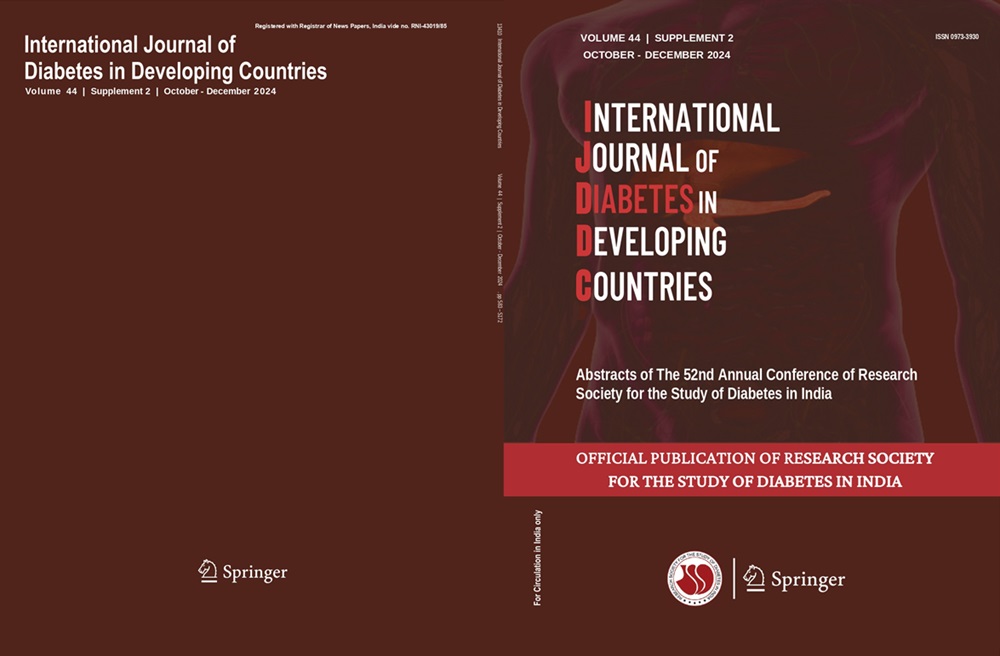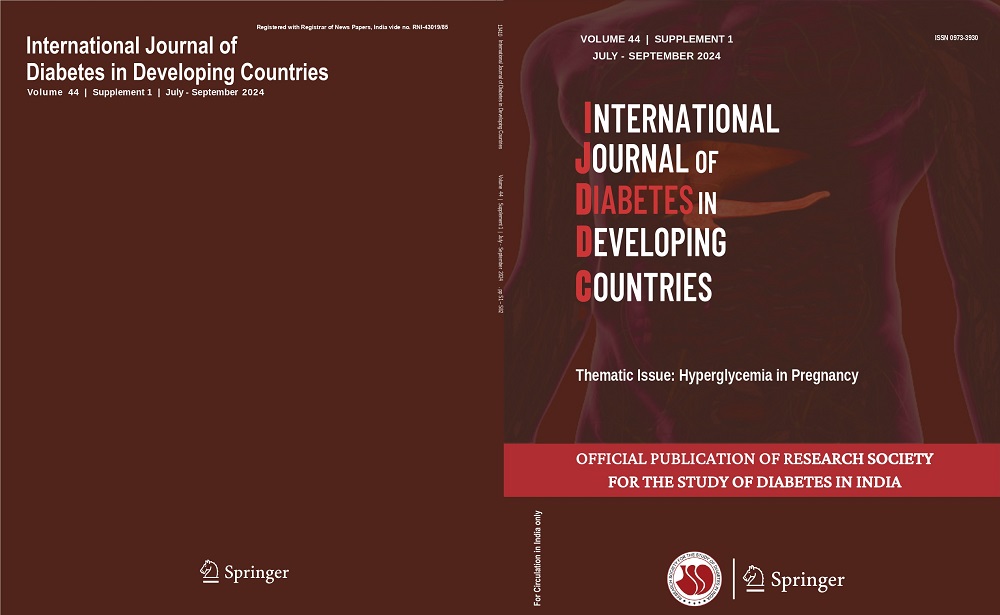Om Jitendra Lakhani, Arvind Gupta, Priti Tripathi, Chaitasy Mehta
Keywords
Personalized medicine • Type 2 diabetes • Algorithm-driven prescription • Precision medicine • Evidence-based care
Objective This study evaluates Diabetology.co.in, an innovative algorithm-driven prescription system developed for personalized and precision treatment of treatment-naive patients with type 2 diabetes. It focuses on integrating computational medicine with clinical practice, leveraging artificial intelligence for optimized diabetes management.
Methods A retrospective pilot study was conducted at a tertiary multispeciality hospital, assessing Diabetology.co.in's alpha version. Data from the last fifty adult patients with type 2 diabetes from the outpatient Endocrinology OPD were analyzed. These patients were treatment-naive, excluding pregnant women and those with positive insulin antibodies or glucocorticoid use. Data, including clinical and laboratory parameters, were manually input into the system, which then generated evidence-based prescription recommendations using its algorithmic processing.
Results The system processed data from 50 patients, with an average age of 41.9 years and a 40% female demographic. The application effectively utilized inputs like body mass index, glomerular filtration rate, and HbA1c levels to generate prescriptions. Metformin was universally recommended, with insulin prescribed for half of the patients, and SGLT2 inhibitors for 30%. The software’s suggestions showed a significant match with actual clinical prescriptions, indicating its accuracy and potential in aiding clinical decision-making. Notably, the software identified an overprescription tendency in clinician practices and provided insights into patient profiles through advanced data analysis capabilities, such as correlations between triglyceride levels and BMI.
Conclusion Diabetology.co.in demonstrated high efficacy in generating precise and personalized treatment recommendations for newly diagnosed type 2 diabetes patients. It aligns closely with actual clinical prescriptions, showcasing its potential in reducing overprescription and contributing to evidence-based diabetes care.




